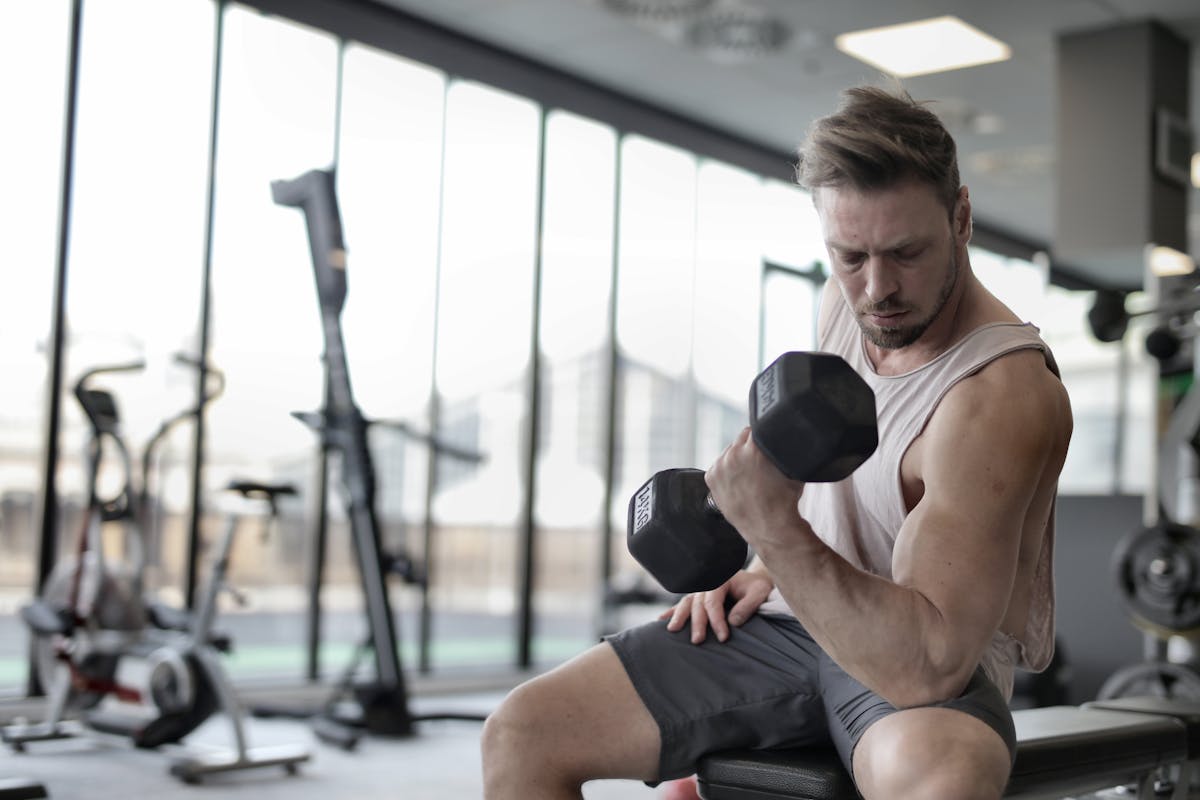If I leave home to train on an empty stomach, will I lose weight? The answer is: IT DEPENDS . Doing physical exercise without eating properly can be a bad tactic for some types of athletes. However, for others, it can be the way to achieve the desired results!
To do this, it is important to analyze the objective of fasting training and all the other variables that make up the sports plan. After all, if the only parameter for weight loss is the weight on the scale, you may be deluding yourself with this technique.
If you, a runner, want to understand the real benefits of training on an empty stomach and when it is recommended to do so, stay here to learn how to use this technique to your advantage!
Why do some athletes train on an empty stomach?
Fasting is nothing more than keeping the body free from food intake , that is, it goes for a certain period of hours without receiving food.
As a result, the body’s insulin levels, which are responsible for metabolizing carbohydrates, tend to decrease. It circulates in the body, telling cells that the energy from the food ingested is available for use, thus maintaining the proper functioning of vital functions. However, when insulin levels are low, it is possible to use fat stores as a source of energy.
This occasionality, which happens naturally to the body, is used by some high-performance athletes to train. And the main reasons are:
- Spend energy.
- Test your limits.
- To lose weight.
This is because, depending on the type of sports plan, fasting training can be a useful tool for some of the goals described. However, it is important to remember that this technique is used intelligently and with adequate nutritional planning.
In practice, the last meal of the day includes all macronutrients (carbohydrates, proteins and fat) and, consequently, the body will be able to maintain its performance level without causing problems (falls, fainting and even hypoglycemia) when training on an empty stomach the following day.
Is training on an empty stomach dangerous?
Not necessarily . It is important to have a doctor, nutritionist and coach working together to evaluate a series of factors, after all, genetics, diet and ability to train under these conditions are crucial points to analyze each athlete individually.
In general, fasting training can be done healthily, as long as it is done at low intensity . However, most athletes do not understand this proposal.
If you train while fasting at high intensity, you may experience a drop in performance and even injuries, especially because to train with power, your body needs to have energy. And this doesn’t happen when fasting.
It is important to analyze individual goals and training time to fit the practice. It may be that during a certain period this training is effective, but it should not, under any circumstances, be continuous .
Empty Stomach Training Benefits
As mentioned, training on an empty stomach will be beneficial if you follow certain guidelines. In addition, you need to be consistent, as training alone will not yield results, so be aware of what people are saying about this proposal and do not believe false information.
If done with proper monitoring and control, training on an empty stomach can provide you with the following benefits:
- Helps with weight loss, as it uses fat as a source of energy.
- Improve insulin sensitivity, as it reduces blood glucose levels.
- Help maintain HDL levels and reduce bad cholesterol.
- It can be a tool that helps you not give up on your training and diet.
Lastly, I would like to remind you that fasting is not a guarantee of results. Pay attention to what you are consuming and whether you are within your calorie deficit. It is the only way you can lose weight with quality of life, without harming your health and your well-being.




13 thoughts on “If you want to train on an empty stomach, follow these guidelines!”
Comments are closed.